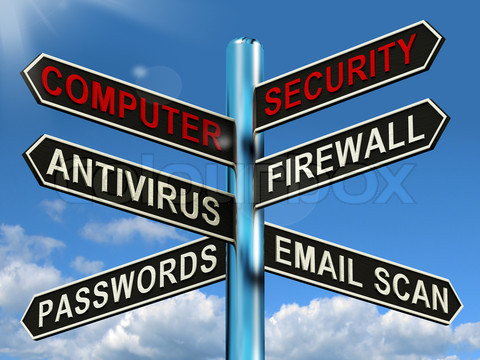I have to admit, prior to reading this week’s assignments, I thought I had a pretty good grasp on internet security. Don’t use your social security number as a password, don’t open emails from people you don’t know, and especially don’t post personal information to social websites. I thought I was in the clear. Wrong. Putting myself in Matt Honen’s shoes, I found many, many things to change about the way that I use the internet and create and maintain my personal sites.
Basic Security: Steps Towards a Safer Tomorrow
In the George Mason University ‘Computer Security‘ page, the IT Department offers a list of useful and highly recommended steps to take towards securing your computer’s information:
- Activate a Password Protected ScreenSaver
- Use Strong Passwords for All of Your Accounts
- Automatically Receive Critical Updates
- Verify Antivirus Software is Configured Properly
- Use Anti-Spyware Software
- Unique Passwords for All User Accounts
- Back up files weekly
Out of these seven helpful hints and suggestions, I can say I only honestly only follow the first three. As a college student with college age friends, you learn the easy way that a computer left unattended is a computer hacked, the first site most often gone to being Facebook. I’ve had many a status expressing my undying love for small fuzzy rodents and my desire to pursue my dream of yodeling posted under my name, neither of which is true (especially the yodeling part…). So, in order to physically protect my computer, I placed a password protected screensaver on my Mac to deter the potential hooligans. In addition to protecting my information physically, I also have gotten into the habit of using strong passwords for all of my accounts. As the daughter of a security analyst and programmer for the government, this one came as a no brainer. All of my passwords contain both numbers, letters, and symbols, at least 8 characters in length. If someone is going to hack into my account, I wanna make em work for it. Finally, I always set up new applications or existing files with the option to receive critical updates. One important one I always look out for is the changing of my passwords. If it doesn’t match up with my own account of reality, obviously something is wrong.
Aside from these, however, I really do a horrible job at protecting my information, a shocking and terrifying thing to realize writing a blog post for a gen ed class at 3 in the morning. One thing that stood out to me in the Basic Security reading was the use of unique passwords for all accounts. While I knew it was a bad idea to use the same password for all of your accounts (doesn’t take a genius to figure that out, really), I hadn’t realized that my 2-password option wasn’t much better. While it may be a pain in the neck at first, holding a separate password for each account you access will be beneficial in the long run in terms of protecting your identity and your personal information.
Having been thoroughly terrified by this week’s reading, I’m looking forward to implementing a few of these new security techniques to ensure that my information stays right where it belongs, in my hands.

